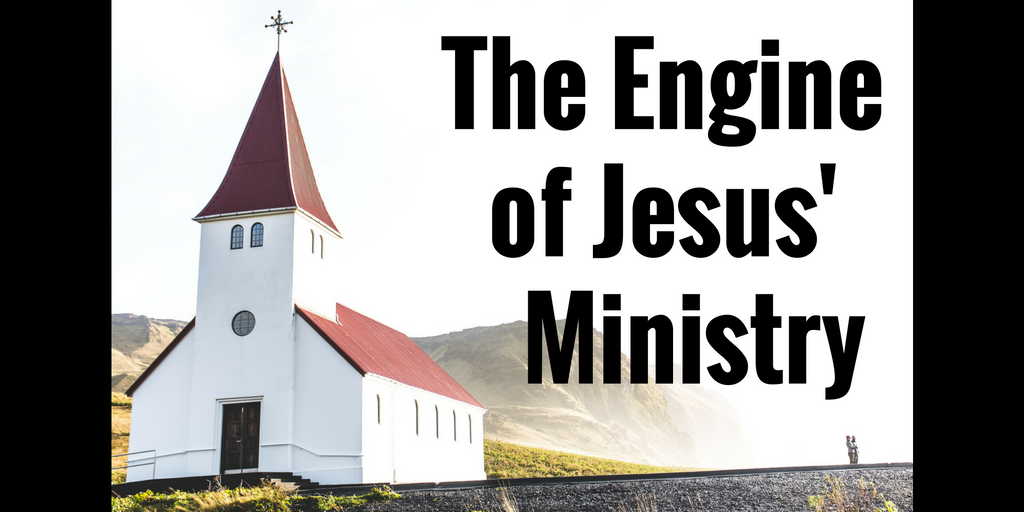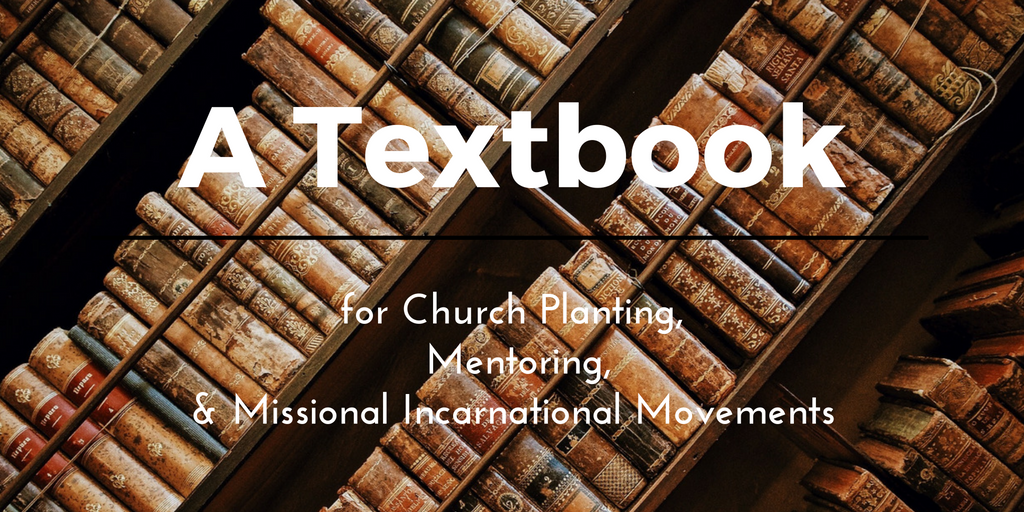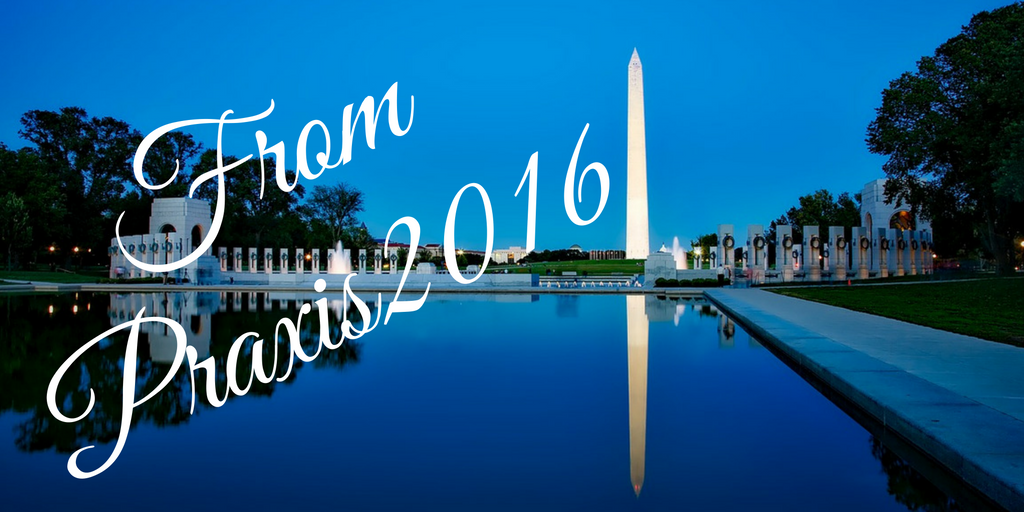Sometimes I just need a good “kick in the seat of my pants” to get me going. That phrase – kick in the seat of the pants – has always been a reminder that I need to open myself up to new ideas and get outside the box of my thinking, even in church matters. Roger Von Oech wrote a life-changing …
Church Planter, Find Your Tribe
Too many of us know how frustrating and even hurtful it can be to love Jesus’ church but not fit in any local church. Anyone who questions the elevated role of the Sunday service has felt the isolation. In light of this, The Church as Movement is more than the practical guidebook it sets out to be; it’s the resounding reminder …
The Engine of Jesus' Ministry
When it comes to discipleship, most of our churches follow the methods and ways of traditional learning. We teach classes, launch programs, or go through sermon series to cover an area of discipleship. While information is a part of the process of discipleship, it is incomplete as a whole to help us learn and practice the ways of Jesus. Discipleship …
What You're Probably Missing About Jesus and Freedom
Most people commonly think of Jesus as a person who helps set people free, but what we don’t think about as naturally is the fact that Jesus Himself was free. We think of Jesus as someone who frees people, but not Jesus as a free person. Jesus enters into the world not only to lead humanity into freedom, he enters …
A Textbook for Church Planting, Mentoring, and Missional Incarnational Movements
I love practitioner credibility. I love it when people who have actually done what they purport needs doing are able to share, from experience, in intelligible, compelling, and digestible ways, guidance about to lead. In The Church as Movement, JR Woodward and Dan White Jr. bring practitioner credibility in spades. Leaders of one of the most fruitful church planting movements in …
How to Know If a Missional Culture Is Flourishing
In my two previous posts, Creating Culture: When Values and Life Don’t Match and 4 Ways Jesus Established Culture, we determined that leaders build the foundation for a church’s culture by what they do, especially in the beginning. We saw that it’s not about just starting programs, having gatherings, or copying the ‘successful’ church in your city, but discovering, identifying, and articulating your church’s DNA, …
Why "Making Things Happen" is a Bad Idea For Church Planters
I’m still not sure how I became a church planter. Seriously, my gifts and talents don’t seem to make me a likely candidate. I wasn’t picked early as having “church planting potential.” I don’t have that serial entrepreneur thing that a lot of planters do (although I did start a punk rock band in high school and we were actually kind …
The Key to Movement
In this post, we continue what we started in my last post on Jesus and Movement (see bottom of this post). My two posts can be read separately or together (in any order). The Key to Movement In his book The Great Omission, Dallas Willard identifies the key reason why we don’t see movement take place in the West today. We have …
Here's What Happened at Praxis 2016
This past weekend, church planting practitioners gathered in Washington, D.C. to work together and share on the topic of discipleship. Missional-movement leaders such as Deb Hirsch, Kevin Doi, Paul Sparks, Mark Scandrette, Natasha Sistrunk Robinson, and David Fitch worked with other missional-movement leaders like you from all over the country. This year’s focus was discipleship, and the workshops were phenomenal, thoroughly engaging the relationships …
4 Ways Jesus Established Culture
In my previous blog post, I shared how leaders establish culture through what they teach and model, as well as by what they pay attention to, reward and sanction. I want to continue the topic of creating culture by looking at Christ. A Thought Experiment Imagine Jesus is the leader of your church—Hopefully he is!—in a sense similar to when …










